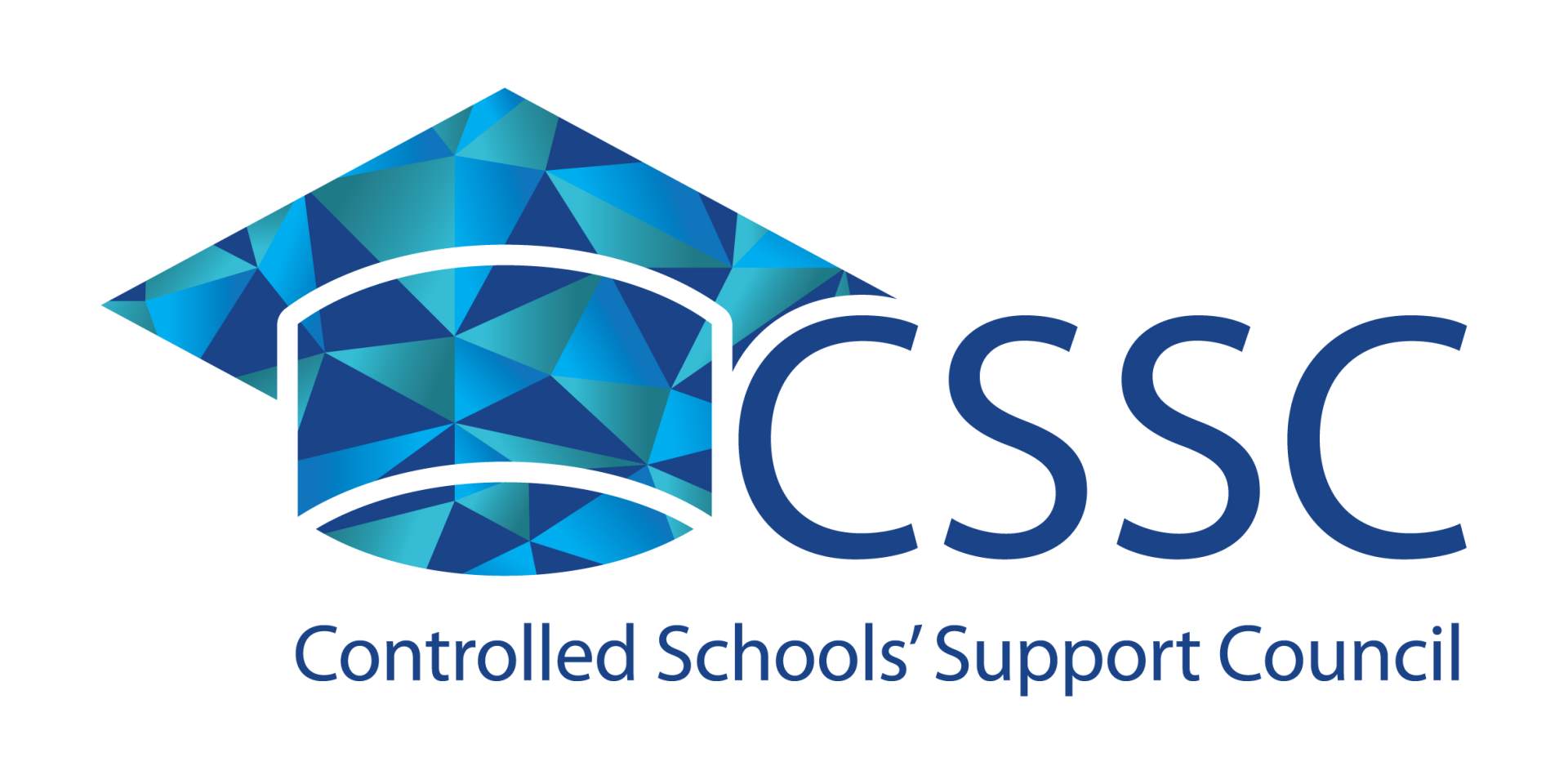Computer Science
Staff
Teacher Mrs K. Ward
Teacher Mrs K. Finnegan
Curriculum
GCSE
This course is suitable for young people who want to explore and investigate programming and the more technical use of ICT in every day life. You are most likely to enjoy the subject if you have a real interest in how computers work, you are a logical thinker, you enjoy problem solving and are interested in learning a programming language.
OCR’s GCSE (9–1) in Computer Science will encourage learners to:
-
understand and apply the fundamental principles and concepts of Computer Science, including abstraction, decomposition, logic, algorithms, and data representation
-
analyse problems in computational terms through practical experience of solving such problems, including designing, writing and debugging programs.
-
think creatively, innovatively, analytically, logically and critically
-
understand the components that make up digital systems, and how they communicate with one another and with other systems
-
understand the impacts of digital technology to the individual and to wider society
-
apply mathematical skills relevant to Computer Science
The course consists of the following units:
Component 01: Computer systems
Introduces students to the central processing unit (CPU), computer memory and storage, data representation, wired and wireless networks, network topologies, system security and system software. It also looks at ethical, legal, cultural and environmental concerns associated with computer science.
Component 02: Computational thinking, algorithms and programming
Students apply knowledge and understanding gained in component 01. They develop skills and understanding in computational thinking: algorithms, programming techniques, producing robust programs, computational logic and translators.
Practical programming
Students are to be given the opportunity to undertake a programming task(s) during their course of study which allows them to develop their skills to design, write, test and refine programs using a high-level programming language. Students will be assessed on these skills during the written examinations, in particular component 02 (section B).
Assessment Overview
|
Form of Assessment |
Duration |
Weighting |
Taken |
|
01 Computer systems. This paper consists of multiple choice questions, short response questions and extended response questions. |
1 hour 30 mins |
50% |
Summer Year 12 |
|
02 Computational thinking, algorithms and programming.
This paper has two sections: Section A and Section B.
Section A contains a range of short and extended questions on algorithms, programming, producing robust programs, conputational logic and translators.
In Section B, questions assessing students’ ability to write or refine algorithms must be answered using either the OCR Exam Reference Language or C#. |
1 hour 30 mins |
50% |
Summer Year 12 |
Please note: Grades awarded for this GCSE will range from 9-1 rather than the traditional A*-G.
Careers
Studying GCSE Computing Science opens various career pathways in the ever-evolving field of technology. Here are some career suggestions:
Software Developer/Engineer: With strong programming skills, you can pursue a career in software development. You could work on creating applications, games, or even specialize in areas like web development, mobile app development, or software engineering.
Data Analyst/Scientist: If you enjoy working with data, you can become a data analyst or data scientist. You'll analyse data to extract valuable insights, help businesses make informed decisions, and even work on predictive analytics.
Cybersecurity Analyst: With the increasing importance of cybersecurity, there's a high demand for professionals who can protect systems and networks from cyber threats. You could work as a cybersecurity analyst, ensuring the safety and integrity of digital systems.
Network Engineer: Network engineers design, implement, and manage computer networks. This role involves configuring routers, switches, and firewalls to ensure efficient communication between devices and maintaining network security.
Systems Analyst: Systems analysts analyse an organization's current computer systems and procedures, recommend improvements or new systems, and design solutions to help the organization operate more efficiently and effectively.
Game Developer: If you have a passion for gaming, you could become a game developer. This role involves designing, developing, and testing video games for various platforms, such as consoles, PC, or mobile devices.
Machine Learning Engineer: Machine learning engineers develop algorithms and models that allow computers to learn from and make predictions or decisions based on data. This role requires strong programming skills and a solid understanding of statistics and machine learning algorithms.
Web Developer: Web developers design and create websites. This can involve front-end development (the visual aspects of a website) or back-end development (the server-side functionality).
Cloud Architect: As businesses increasingly move their operations to the cloud, there's a growing demand for professionals who can design and manage cloud-based solutions. Cloud architects design and oversee the implementation of cloud infrastructure to meet business needs.
These are just a few examples, and there are many other career paths available in the field of computing science. Exploring internships, networking opportunities, and further education can also help you narrow down your interests and find the right career path for you.



Close
Social Media